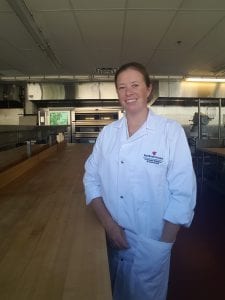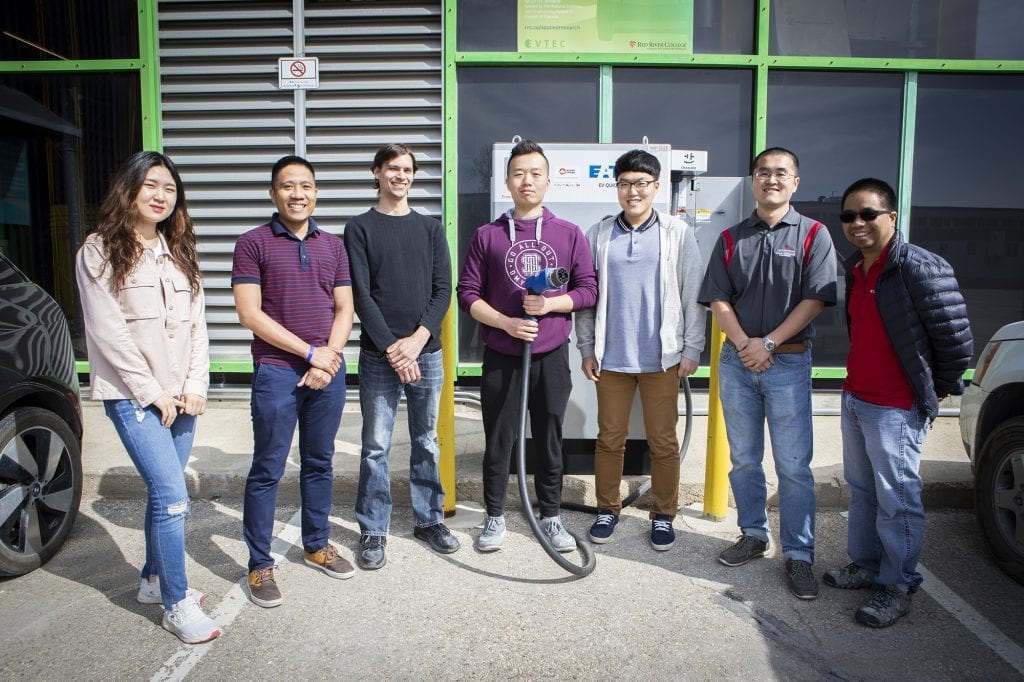NSERC funding boosts Science of Early Child Development
Important research from the Science of Early Child Development (SECD) has received a funding boost from the Natural Sciences and Engineering Research Council of Canada (NSERC), through the College and Community Social Innovation Fund (CCSIF).
SECD will receive $240,000 over two years for the research project “Science to Practice to Play: Transferring the Best of Early Child Development Evidence to Parents Through Integrated Health Equity Teams.”
“Through this NSERC grant, we now have the opportunity to put SECD to the test with NorWest Co-op Community Health Centre, located in the Inkster community area just moments from RRC’s Notre Dame campus,” said Jan Sanderson, research chair at RRC’s School of Health Sciences and Community Services. “The Nursing Department and the Research Team from Health Sciences and Community Services are very excited to be working right in the Inkster neighbourhood with an organization that is extremely committed to supporting families and improving the outcomes for young children in their community.”
Through a partnership between the College and NorWest Co-op, in collaboration with the Winnipeg Regional Health Authority and the Province of Manitoba, RRC researchers will deliver SECD training to a community health and social services team. The team will in turn develop and deliver consistent messages, skills and activities to parents of pre-school children in their Bright Start parent/child programs.
“With the collaboration of the WRHA and the provincial government, we hope to learn lessons that can be applied across Winnipeg and around the province,” said Sanderson. “As the project title – Science to Practice to Play – indicates, we will be examining the capacity of SECD as a training and planning tool that can transfer scientific evidence to health/social service professionals who will in turn convert it into engaging, educational activities to support parents – a child’s first and most important teacher. We plan to measure the impact of the intervention on the NorWest Co-op’s planning process, the impact on parents’ knowledge of early child development and their parent/child interactions, and the impact on the children’s development.”
Learn more about SECD here.






 Look no further than Christopher Basilio to get a sense of where the vehicle technology industry is headed. Chris is the Research Coordinator for the
Look no further than Christopher Basilio to get a sense of where the vehicle technology industry is headed. Chris is the Research Coordinator for the